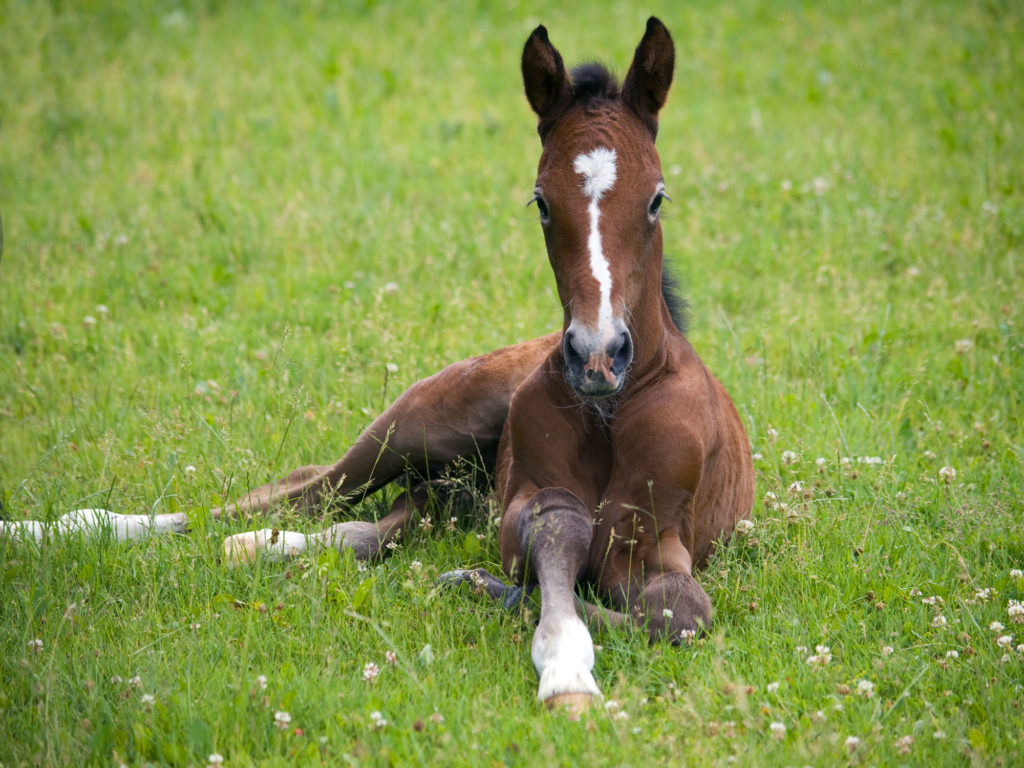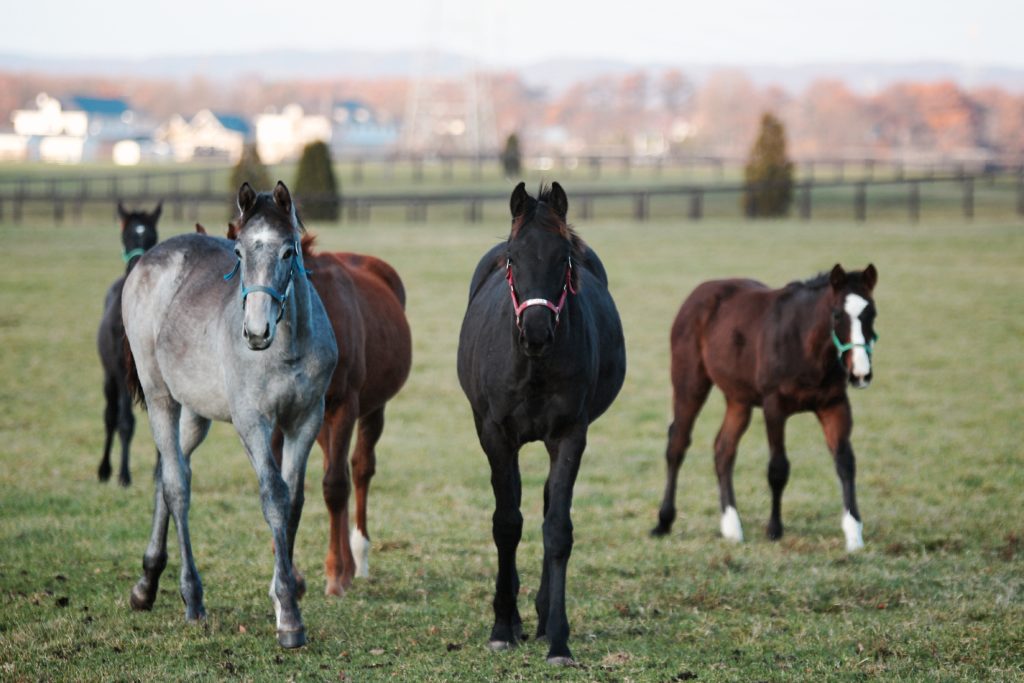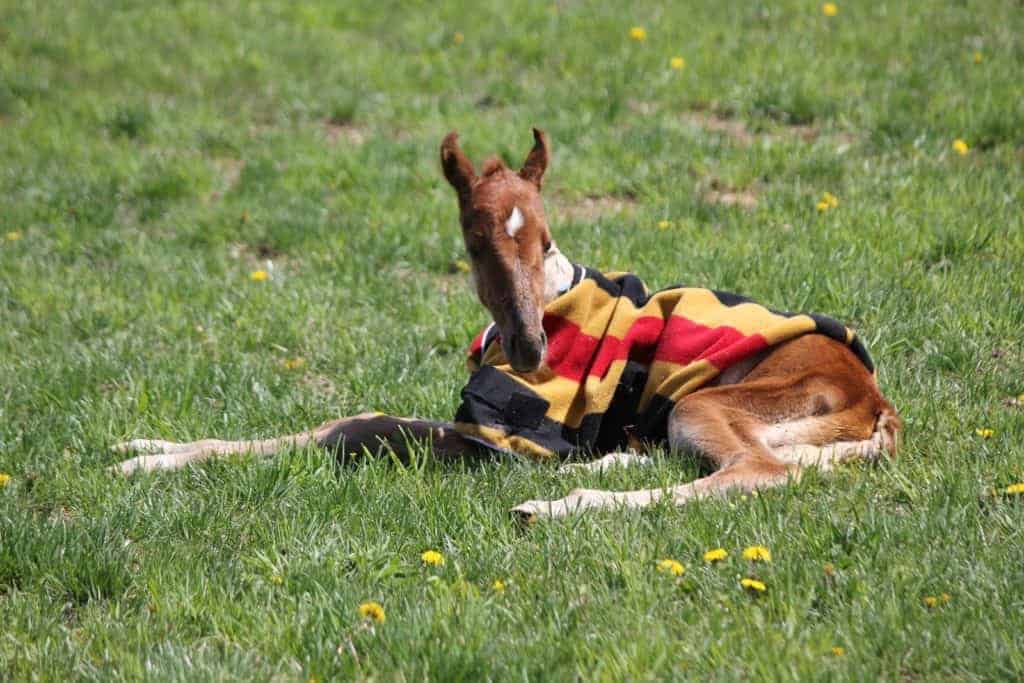
5 Tips for Feeding Foals
Proper nutrition is critical for growth and development. Learn the right way to feed your foal.

Proper nutrition is critical for growth and development. Learn the right way to feed your foal.

Many factors affect your horse’s ability to mount an effective immune response, one of which is his age. Learn more about the horse’s immune system and how it functions at every stage of his life.

An independent equine nutritionist answers horse owner questions on forage, feed concentrates, fats, supplements, and more.

The University of Saskatchewan’s Western College of Veterinary Medicine will cover the fee associated with the necropsy of aborted fetuses, stillbirths, or euthanized foals suspected of having Warmblood fragile foal syndrome to gather additional information about the genetic disease.

High-carb diets can put weanlings at risk for developmental orthopedic diseases. Could these horses get by on high-forage, low-concentrate diets?

Orphan foals raised with a correct balance of nutrients and monitored for growth, food consumption, and weight gain can be every bit as tall, strong, and athletic as foals raised by their dams.

The information on your youngster’s feed tag is designed to help you make important feeding decisions.

Rotavirus is a leading cause of diarrhea in foals up to six months of age at breeding farms worldwide.

Veterinarians share their recommendations for managing orphan foals, including diet challenges and behavior issues.

From infectious disease to microbial imbalance in the gut, causes of chronic diarrhea in horses run the gamut. And, veterinarians agree, finding a solution should be a methodical trial-and-error process.

Recognizing and treating club feet in young horses can help them succeed in their intended discipline and, ultimately, prevent lifelong hoof complications.

The transition from baby to permanent teeth often goes smoothly, but issues can arise along the way.

Dr. Rob MacKay shared presented research on ice boots and cryotherapy for laminitic horses, R. equi and insect bit hypersensitivity vaccines, EPM, and more.

Your horse needs a strong immune system to stand up to the challenges that come with living outdoors, commingling with other equids, and more. Critical to that immune system are infection-fighting proteins called antibodies (immunoglobulin G, or IgG). How much do you know about your horse’s IgG levels?

The foal’s dam developed atypical myopathy in the sixth month of gestation. The foal, born at full term, was eventually euthanized due to atypical myopathy complications.

Researchers found that hoof balance changes rapidly during the first few weeks of a foal’s life.
Stay on top of the most recent Horse Health news with
"*" indicates required fields